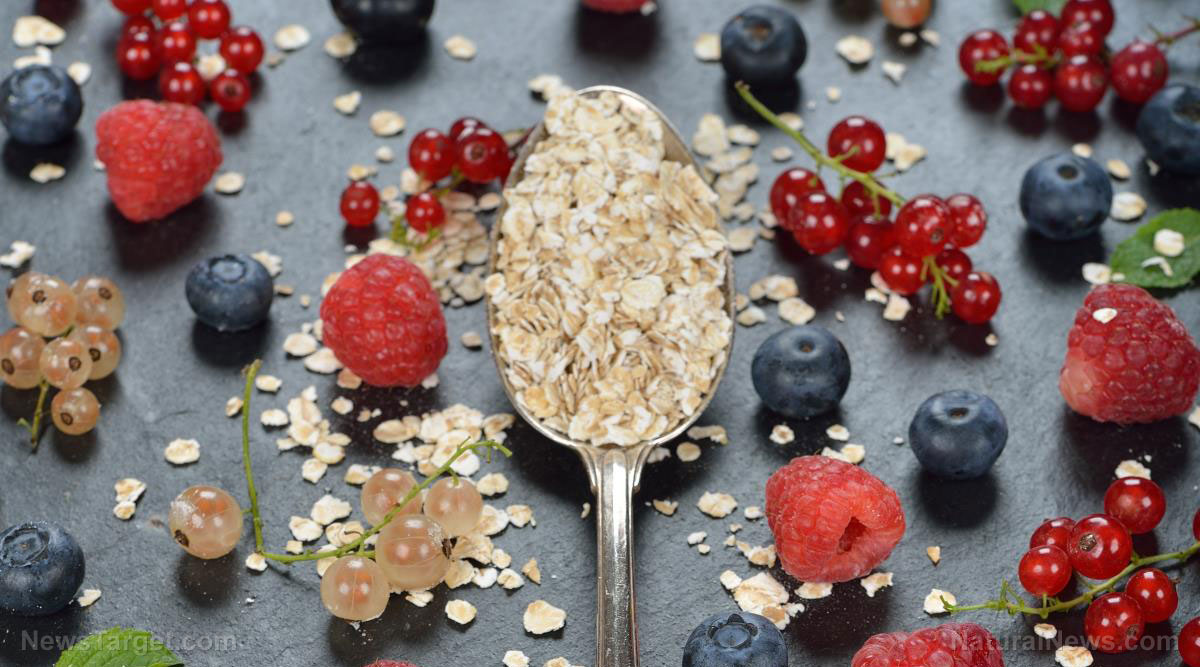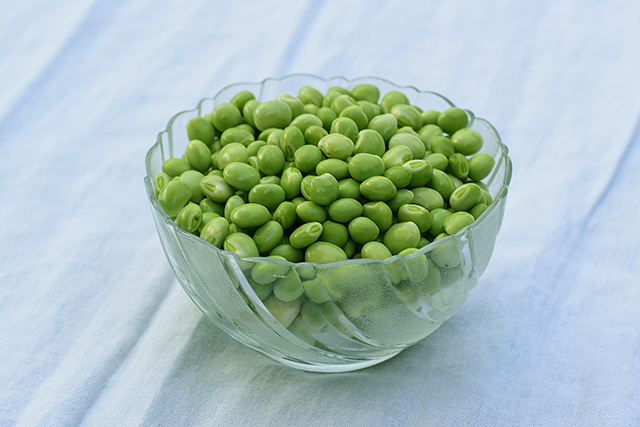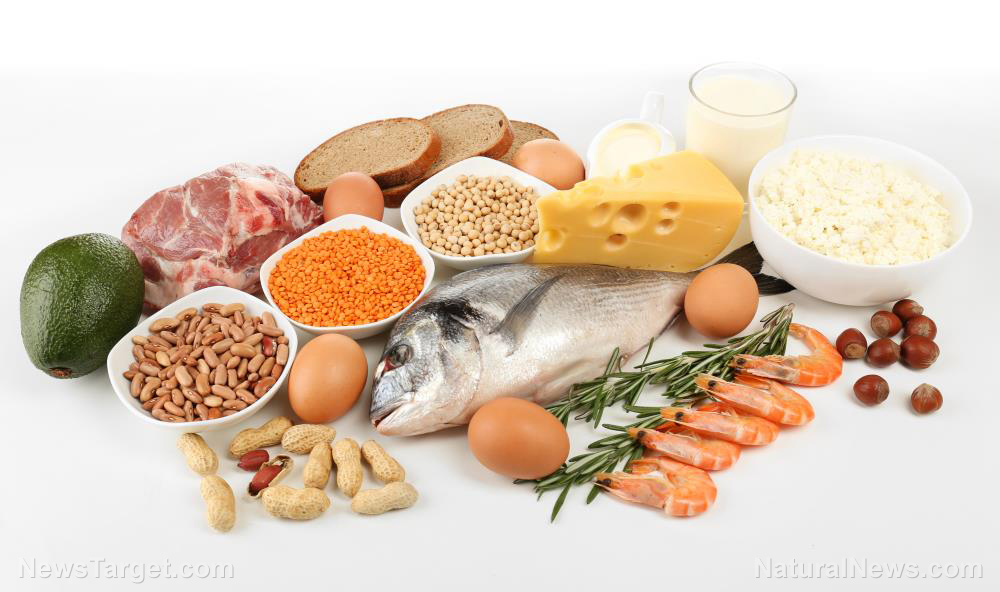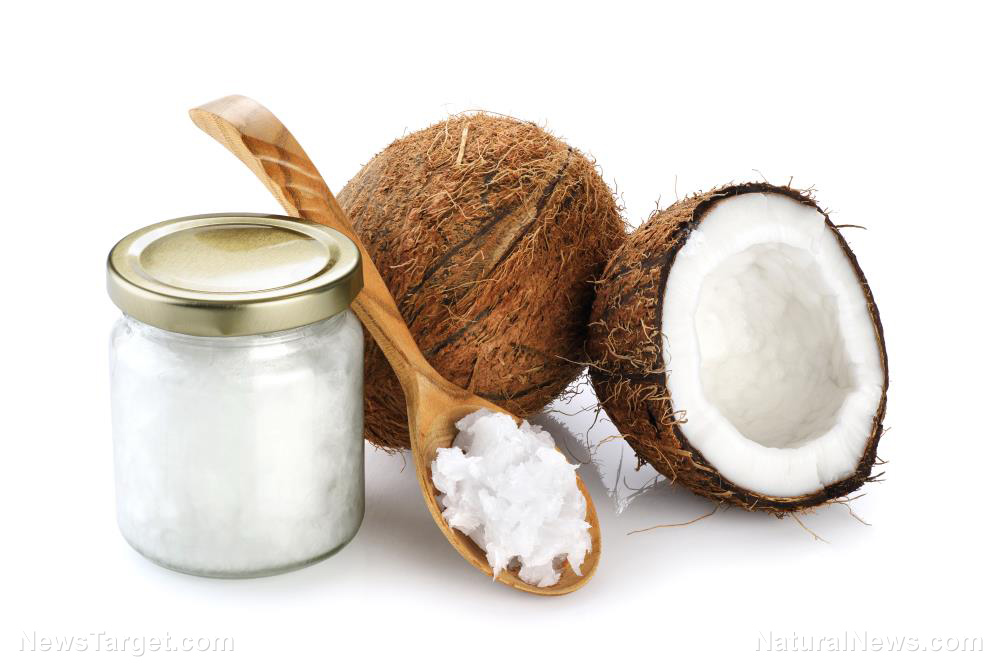Better than meds: Omega-3 essential fatty acids found to naturally treat depression
06/06/2019 / By Lance D Johnson

Life has been unkind to you, betrayals hidden behind almost every door. Every time you step through the frame of opportunity, you fall through the floor. You feel like you were born in the wrong skin, perhaps the wrong place. No one knows the real you; no one knows the secrets hidden within your face. The neural pathways in your brain have been wired for disappointment, rejection, and fear. If only there was a way to rebuild the connections, to make your thoughts sing with optimism and good cheer.
Therapists and doctors recommend the same path, a medication to change the way your brain uptakes serotonin. You know how the meds make you feel – numb to reality, dependent on an ever-increasing dose. If only there was a way to rebuild the neural connections, to build the brain in an upward trajectory. Several studies point to a natural solution called omega-3 fatty acids.
What are omega-3 fatty acids?
A traumatic experience or chain of disappointments can pull the brain into a state of depression. In order to help the brain cope with reality and rebuild, it’s best to feed it specific nutrients that create the conditions for healing to take place. Omega-3s are fat molecules obtained from specific foods. These polyunsaturated fat molecules are healthy fats that can help rebuild the ever-changing and resilient brain. Those looking to overcome their depression and get off their medication should first seek a diet rich in omega-3s. In order to function correctly, the human nervous system requires large amounts of polyunsaturated fatty acids (PUFAs). The brain cannot make or use serotonin efficiently without the help of these healthy fat molecules. One such polyunsaturated fat, eicosapentaenoic acid (EPA), is concentrated in synaptic membranes in the brain and in the retina. Scientists from UCSF Benioff Children’s Hospital in Oakland found that EPA increases serotonin release from presynaptic neurons by reducing inflammatory signaling molecules in the brain known as E2 series prostaglandins. Another healthy fat, docosahexaenoic acid (DHA), increases cell membrane fluidity in postsynaptic neurons, making serotonin receptors more accepting of serotonin itself. The nervous system is built out of PUFAs, and a diet low in these fats creates the physiological conditions for mental illnesses to take hold. A low level of PUFAs is linked to attention disorders, anxiety, autism, depression, and other forms of neurological deficits and mental illnesses.
Studies show polyunsaturated fats help treat depression
Even though the causes of depression are varied and highly misunderstood, there are nutritional constants that can help create an environment for a healthy nervous system. Common symptoms of depression include irritability, loss of interest in life, fatigue, rumination, and reoccurring feelings of loss, mistrust, resentment and bitterness. While the underlying issues need to be addressed by the individual, an unhealthy brain and poorly functioning nervous system only set the groundwork for problematic thinking. A meta-analysis published in the Annals of Neurology found that the Mediterranean diet (high in healthy fats) helped lower rates of depression and cognitive impairment. A specific study that investigated two PUFAs found that a diet rich in both arachidonic acid and EPA could alleviate clinical symptoms of depression. High ratios of both polyunsaturated fats in plasma and erythrocyte phospholipids were correlated with less severe depression symptoms.
Seafood such as mackerel, salmon, tuna, cod liver, herring, krill, and trout all contain high levels of PUFAs. Flaxseed, chia seeds, and hemp seeds are great plant-based sources of polyunsaturated fats. The number of people who are prescribed antidepressants continues to grow, but none of these pills are targeting particular symptoms or underlying nutrient deficiency. If the nervous system lacks the building blocks it needs in order to function, a medication isn’t going to fix anything. Any positive effect reaped from the medication only masks underlying deficiencies and hidden emotional wounds.
For more on beating depression with nutrition, read BeatDepression.news.
Sources include:
Tagged Under: alternative medicine, beat depression, brain health, chia seeds, depression symptoms, DHA, EPA, fatty fish, flaxseeds, food cures, food is medicine, functional food, healthy fats, hemp seeds, Mediterranean diet, mental health, Mental illness, mind body science, natural antidepressants, natural cures, natural medicine, nervous system, nutrients, nutrition, omega-3 fatty acids, polyunsaturated fats, prevention, remedies, salmon, seafood, supplements, tuna
RECENT NEWS & ARTICLES
COPYRIGHT © 2017 PREVENTION NEWS



















